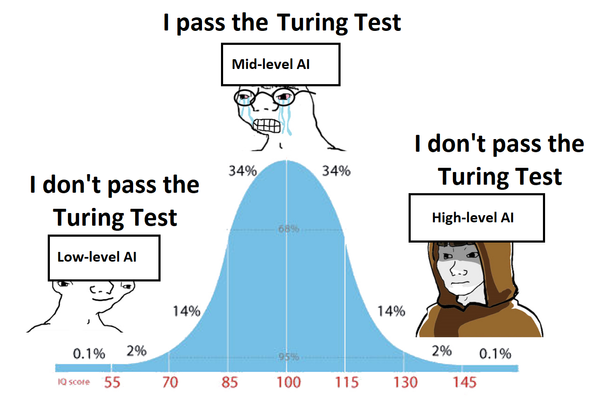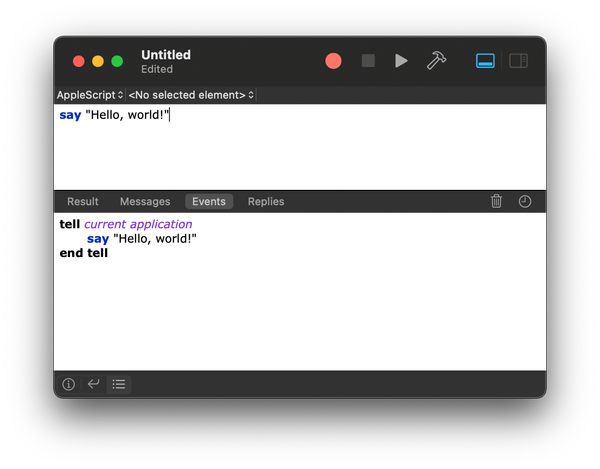The Top Self-Hosting Platforms for Personal Websites and Blogs
Self-hosting platforms provide individuals with the opportunity to take control of their online presence by hosting their own websites and blogs on their own infrastructure. With a wide range of self-hosting platforms available, it can be challenging to choose the right one for your needs.

Introduction
Self-hosting platforms provide individuals with the opportunity to take control of their online presence by hosting their own websites and blogs on their own infrastructure. With a wide range of self-hosting platforms available, it can be challenging to choose the right one for your needs. In this article, we will explore in-depth some of the top self-hosting platforms specifically designed for personal websites and blogs.
WordPress
WordPress is one of the most popular self-hosting platforms for personal websites and blogs. It offers a powerful and flexible content management system (CMS) that allows users to create and manage their websites easily. With a vast library of themes and plugins, WordPress offers endless customisation options. It also has a large and active community, providing extensive support and resources for users.
WordPress's popularity stems from its user-friendly interface, extensive features and scalability. It allows users to create and publish content with ease and its plugin ecosystem offers a wide range of functionalities such as SEO optimisation, e-commerce integration and social media sharing. WordPress also provides a robust user management system, making it suitable for multi-author blogs or websites with multiple contributors.
Ghost
Ghost is a lightweight and elegant self-hosting platform specifically designed for bloggers. It focuses on simplicity and speed, providing a distraction-free writing environment. Ghost offers a modern and intuitive user interface, making it easy to create and manage blog posts. It also supports custom themes and extensions, allowing users to personalise their blogs to suit their preferences.
Ghost's minimalistic approach to blogging ensures that writers can focus on their content without distractions. It offers a clean and clutter-free interface that enhances the writing experience. Ghost also includes features such as content scheduling, built-in SEO optimisation and native AMP (Accelerated Mobile Pages) support, ensuring that your blog is optimised for search engines and mobile devices.
Jekyll
Jekyll is a static site generator that is ideal for personal websites and blogs. It allows users to create simple, fast and secure websites using plain text files and templates. Jekyll is known for its simplicity and ease of use, making it a popular choice for developers and technical users. It does not require a database or server-side scripting, resulting in faster load times and improved security.
Jekyll's simplicity lies in its file-based approach. Users can create content using Markdown or HTML files and Jekyll automatically generates static HTML pages. This approach eliminates the need for a database and server-side processing, resulting in faster page load times and improved security. Jekyll also provides a templating system and supports themes, allowing users to customise the appearance and layout of their websites.
Hugo
Hugo is another static site generator that offers speed and simplicity. It is built with performance in mind, making it an excellent choice for personal websites and blogs that prioritise speed and efficiency. Hugo uses a flexible templating system and supports a wide range of themes and customisation options. With its fast build times, Hugo allows users to quickly generate and update their websites.
Hugo's speed and performance are its standout features. It achieves this by leveraging Go programming language and its fast rendering engine. Hugo's build times are significantly faster compared to other static site generators, making it an excellent choice for websites that require frequent updates or content changes. Hugo also provides a vast collection of themes and supports customisations through its flexible templating system.
Grav
Grav is a modern and flexible self-hosting platform that offers a flat-file CMS. It uses a file-based approach, which eliminates the need for a database and simplifies the management of content. Grav provides a flexible and intuitive user interface, allowing users to create and edit content with ease. It also offers a wide range of themes and plugins for customisation.
Grav's flat-file CMS approach makes it lightweight, fast and easy to use. Content is stored in Markdown files, making it simple to create and manage. Grav's modular architecture allows users to choose from a variety of plugins and themes to extend functionality and customise the appearance of their websites. It also provides a powerful admin panel for managing content, user accounts and site settings.
Kirby
Kirby is a file-based CMS that focuses on simplicity and flexibility. It offers a clean and intuitive admin panel, making it easy to create and manage content. Kirby allows users to structure their websites and blogs in a way that suits their needs, without imposing any specific conventions. It also provides a robust API for extending functionality and customisation.
Kirby's strength lies in its flexibility and ease of use. It does not impose any predefined content structure, allowing users to create custom fields and templates based on their specific requirements. Kirby's intuitive admin panel makes it easy to manage content, media files and user permissions. It also provides a powerful API that allows developers to extend functionality and integrate with external services.
Bludit
Bludit is a simple and fast self-hosting platform that emphasises security and ease of use. It offers a user-friendly interface for managing content and customising the appearance of websites and blogs. Bludit does not require a database, making it lightweight and efficient. It also provides a range of plugins and themes for extending functionality and personalisation.
Bludit's simplicity makes it an excellent choice for users who prioritise ease of use and straightforward content management. It offers a clean and intuitive admin panel that allows users to create, edit and organise content effortlessly. Bludit's lightweight nature ensures fast page load times, while its plugin system enables users to enhance their websites with additional features and functionalities.
Conclusion
Choosing the right self-hosting platform for your personal website or blog is crucial for achieving your desired online presence. WordPress, Ghost, Jekyll, Hugo, Grav, Kirby and Bludit are all excellent options that cater to different needs and preferences.
Consider factors such as ease of use, customisation options, performance, community support and your technical expertise when making your decision. Evaluate your requirements and explore the features and capabilities of each platform. Additionally, consider your comfort level with different CMS systems and your specific goals for your personal website or blog.
By carefully assessing these factors, you can select the self-hosting platform that aligns best with your goals and create a personalised and powerful online presence for your personal website or blog.



